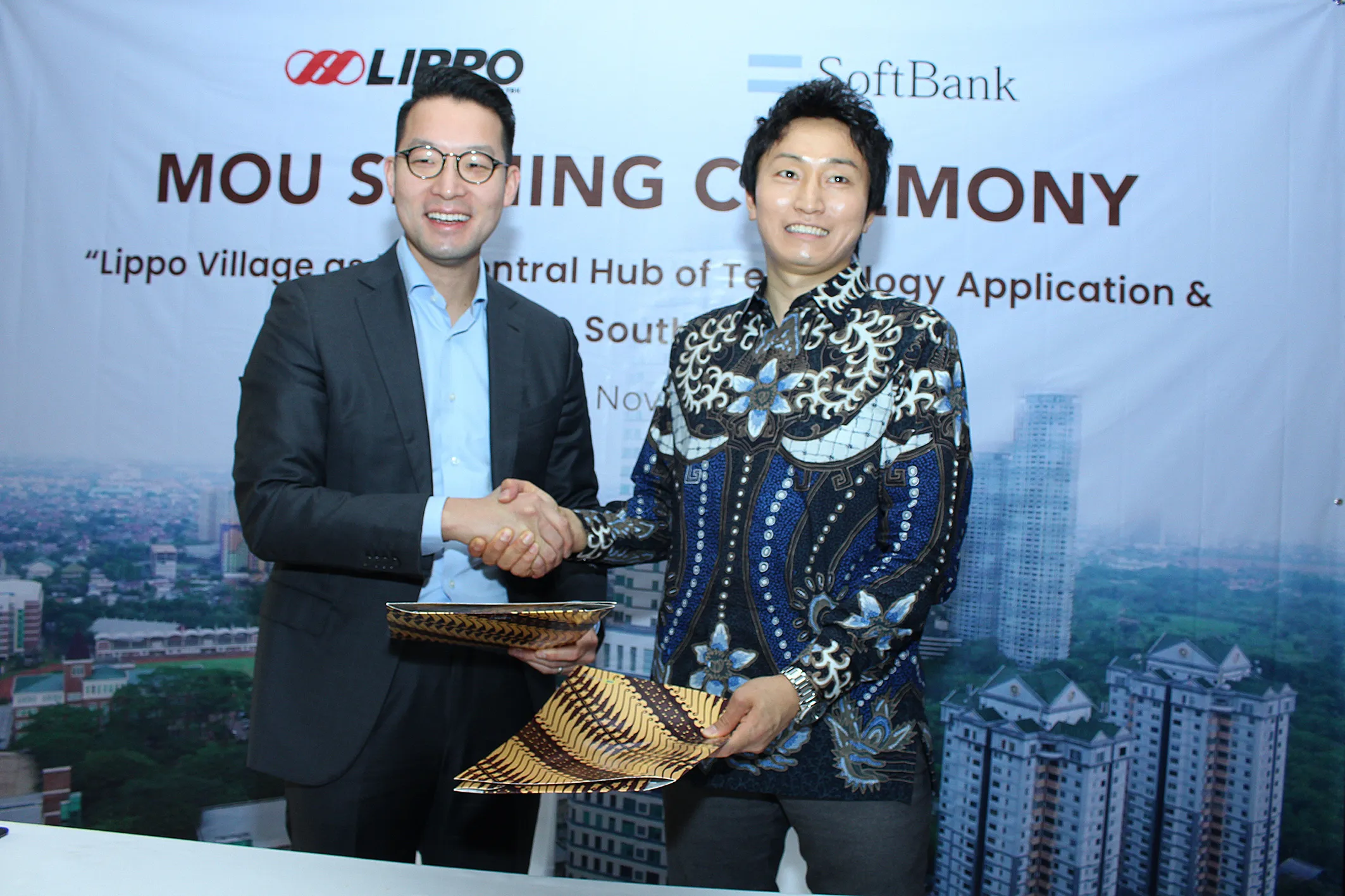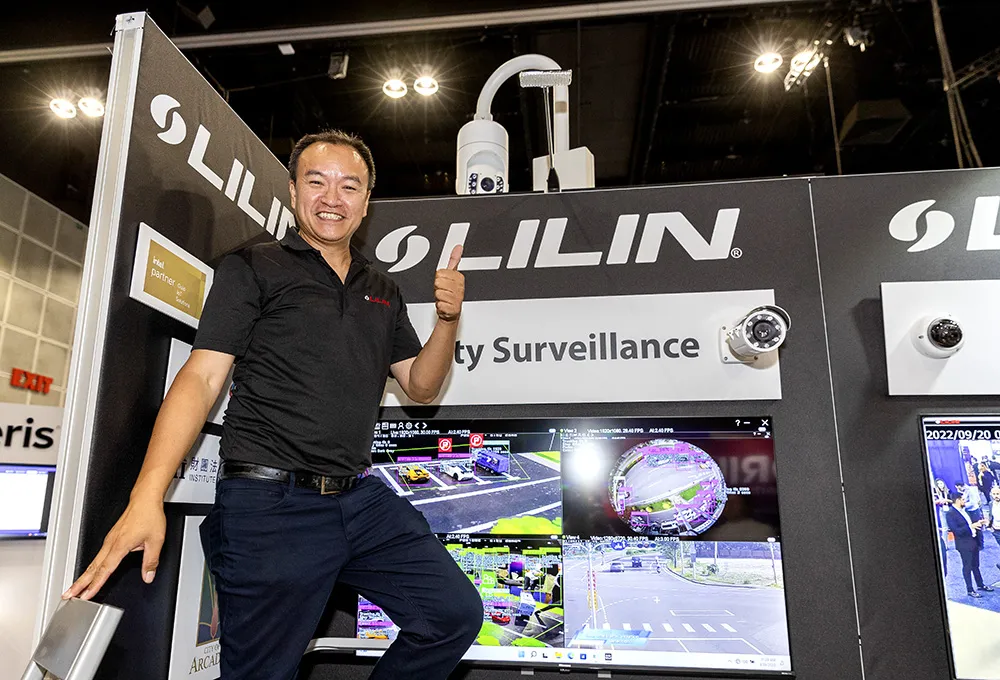Real estate company Lippo Karawaci is working with SoftBank to develop artificial intelligence (AI) and Internet of Things (IoT) solutions to improve mobility in Indonesia.
February 14, 2020
Read time: 1 min

Lippo CEO John Riady says: “We intend to implement IoT technology through smart cluster management and smart traffic management in Lippo Village."
Lippo says smart cluster management utilises advanced camera technology for facial recognition of occupants in vehicles and can also read vehicle number plates of township residents and identify unknown visitors.
According to Lippo, smart traffic management uses smart CCTV mode to count the number of vehicles that enter an area while also differentiating vehicle types including motorbikes, cars, buses and trucks. This technology will improve traffic flow at specific times throughout the day, the company adds.










